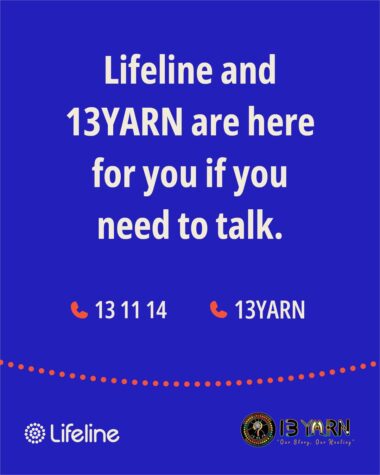One in two Australian workers have experienced being bullied, harassed or exposed to conflict or inappropriate behaviour in a new exclusive work survey.
The results of the disturbing survey (attached) finds just as many report unrealistic workloads, poor training and exposure to traumatic events.
The survey, conducted in the lead up to today, World Mental Health Day, comes even as Australian states synchronise new laws to hold employers responsible for psychological and psychosocial hazards in the workplace.
Psychological injury is the fastest growing workers compensation claim, with projections noting that these will form one in three claims by the end of the decade.
Workplace psychosocial hazards are psychological risks that arise from the design or management or work, the work environment and workplace behaviours that may cause psychological harm.
The most common causes of workplace mental health risks are:
· Work pressure and work overload
· Shift work and rostering
· Job insecurity
· Harassment and bullying
· Exposure to workplace violence or traumatic events
The survey, conducted exclusively for the AWU, contains responses from more than 1200 workers across multiple industries around Australia.
The largest responses were from the industries of Manufacturing, Mining, Construction, and Health and Community Services.
Psychological injury is an increasing risk, exacerbated by poor management of psychosocial hazards, however recent legislative changes now increase obligations on employers to take preventative measures.
The results of this survey (attached) builds on earlier work which found 60% of respondents were concerned about mental health and stress at work, with more than 23% being extremely concerned.
30% of members said they had sustained a mental health injury at work in the last 12 months, and this number is growing.
Research on Victorian suicides in 2012 found that 17% of suicides are work related.
Aside from the human cost, the cost to the economy of psychological and psychosocial injury is significant with The Productivity Commission estimating it costs the Australian economy $12.2 billion and $39.9 billion per year due to loss of productivity and participation (CEDA, 2020).
In addition mental health claims cost $480 million per year in workers compensation (Safe Work Australia, 2015)
Australian Workers’ Union National Secretary Paul Farrow says the survey results are disturbing.
“To see in black and white one in two Australian workers have experienced being bullied, harassed or exposed to conflict or inappropriate behaviour in their workplace is disturbing,” says Mr Farrow.
“We know Australians spend on average 90,000 hours at work in their lifetime, that’s about 5,000 days, or 13 years in total, it’s a really big part of your life, so to see the level of unhappiness reflected in this survey is shocking.
“We are seeing chronic levels of unrealistic workloads, poor training and exposure to traumatic events.
“Last year all states in Australia brought in new laws to hold employers responsible for psychological and psychosocial hazards in the workplace, this survey is a wake up call to them to start being proactive otherwise they will feel the consequences,” says Mr Farrow.
Contact: Paul Farrow 0405 285 547
For more info head to https://head-first.com.au/
Case Study: AWU members in the construction industry had shifts changed without consultation. This reduced pay significantly enough for one AWU member, with family responsibilities, who was not able to put adequate food on the table for more than 7 days. The member required psychological assistance and support from multiple avenues. This could have been avoided if the employer had consulted with the workforce to manage shifts.
Case study: An AWU member in the funeral industry has been navigating flexible work arrangements over the last twelve months to support and care for their partner who is extremely ill. The manager has openly stated that they will deny any work from home arrangements when the worker is client facing. No discussion, no attempt to reach agreement, no regard to the workplace policy. This is significantly affecting the workers mental health, and they have recently come to the union for support and advice after their requests for resolution from the company have not achieved an outcome.
Case Study: A worker who reported bullying and sexual harassment, applied to the organisation for the issue to be investigated. The investigation has taken 12 months, during which period the worker was stood down. The worker felt not listened to, not believed and like there would be no resolution; they suffered extreme anxiety, depression and suicidal thoughts during the investigation, requiring psychological intervention. The worker is now back at work with appropriate control measures in place.
Case Study: AWU members from a hospital are working in a skills-shortage area. They consistently work short staffed, don’t take holiday or rostered days off, and are unable to apply for leave. Several have not had annual leave for three years. They are pressured to come to work when sick and have minimal breaks during their shift. Several workers have sought psychological assistance to manage.


